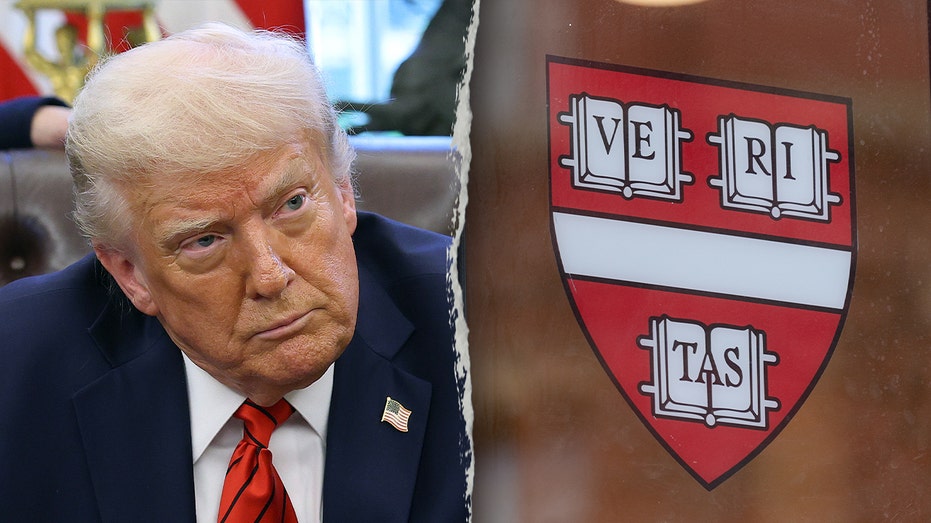Seven Federal Court Rulings Against the Trump Administration This Week Highlight Legal Challenges
Federal judges block Trump administration actions in multiple rulings this week, signaling ongoing legal challenges.

Federal judges are intensifying their scrutiny of actions taken by the Trump administration, issuing a series of high-profile orders that have blocked deportations, funding cuts, and other controversial executive measures. This ongoing judicial pushback has sparked debate in Washington, particularly after White House Press Secretary Karoline Leavitt asserted that "President Trump had more injunctions in one full month of office in February than Joe Biden had in three years." The White House contends that these frequent injunctions represent a dangerous challenge to the constitutional separation of powers and presidential authority.
Among the most significant rulings this week, a federal judge in Colorado halted the deportation of the wife and five children of Mohamed Soliman, an Egyptian national facing a hate crime charge following a firebombing attack in Boulder. The temporary restraining order, issued by U.S. District Judge Gordon P. Gallagher, will remain in effect until a hearing scheduled for June 13. Advocates for the family argued they faced imminent removal without adequate legal safeguards, despite an asylum application that had already been submitted on their behalf.
Another blow to the Trump administration came from U.S. District Judge James Boasberg, who ruled that deported migrants retain the right to challenge their removals—complicating the administration’s plans for expedited immigration enforcement. Meanwhile, a federal judge in Maryland allowed motions to unseal records and seek sanctions against the administration after officials acknowledged that the deportation of alleged MS-13 member Kilmar Armando Abrego Garcia was an administrative error. The Supreme Court has since directed the administration to assist with his return to the United States.
The administration's efforts to penalize so-called "sanctuary cities" also suffered a setback this week when a judge in Washington state granted Denver and dozens of other local governments a preliminary injunction. The court found that threatening to withhold around $4 billion in federal transportation funds likely exceeded executive authority and violated the Separation of Powers doctrine. Plaintiffs described the move as unlawful and politically motivated.
In another significant ruling, U.S. District Judge Deborah Boardman ordered the restoration of AmeriCorps grant funding and the reemployment of thousands of workers who were laid off as part of cost-cutting measures. The judge determined that the abrupt dismantling of AmeriCorps violated federal law and required the Trump administration to reinstate hundreds of millions in congressionally approved funding—noting that affected states and employees had been deprived of due process.
Similarly, a federal judge temporarily stopped the closure of nearly 100 Job Corps centers nationwide, a program designed to help disadvantaged youth access education and job training. The Department of Labor had argued the closures were necessary due to performance issues and security concerns; however, the court found that the shutdowns would cause irreparable harm and warranted further review before implementation.
Immigration and civil rights cases also continue to play out in federal courts. In Oregon, a Biden-appointed judge barred ICE from removing a transgender asylum seeker identified as "O-J-M" until officials provide detailed explanations about the urgency of her transfer. In another closely watched case, a federal judge blocked ICE from arresting Yunseo Chung, a Columbia University student targeted for deportation after participating in protest activity. Supporters called it a victory for freedom of speech and the rule of law.
As these rulings accumulate, the dynamic between the judiciary and the executive branch remains tense. The Trump administration’s supporters argue that the surge in national injunctions undermines the president's basic authority to govern, while critics say such judicial interventions are critical checks on executive overreach. With additional hearings scheduled and more legal challenges expected, the clash between federal courts and the Trump administration looks set to continue making headlines in the weeks ahead.




